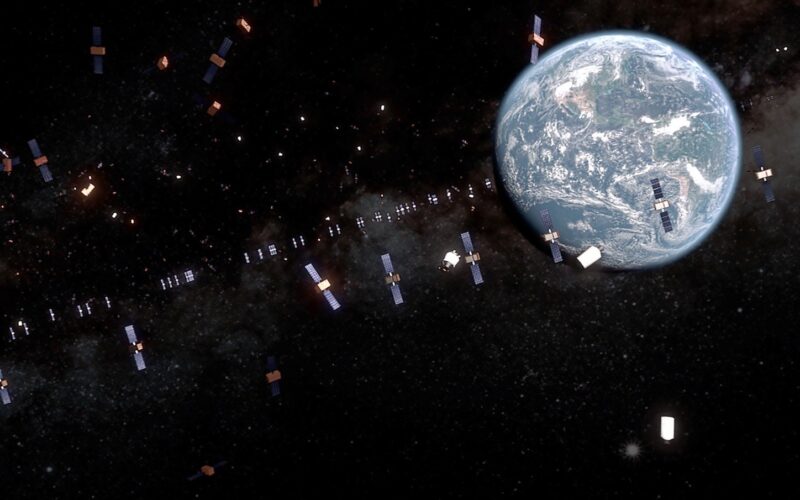The US Federal Communications Commission (FCC) has fined Dish Network $150,000 for leaving its retired EchoStar-7 satellite in the wrong orbit indefinitely.
This is the Commission’s first legal proceeding in the field of space debris.
The EchoStar-7 satellite, launched by US television provider Dish in 2002, had its orbital debris mitigation plan approved by the FCC in 2012.
Dish had projected the deorbiting maneuvers for May 2022. However, in February 2022, it was discovered that the satellite had insufficient propellant to follow the original plan.
Dish was found to have disposed of the EchoStar-7 at a height of 122 kilometers (about 75 miles) above its operational geostationary orbit. This is significantly below the 300 kilometers (about 186 miles) specified in its orbital debris mitigation plan.
Such debris in space can pose threats to both terrestrial and space-based communication systems by increasing the risk of damage to satellite communication systems.
“As satellite operations become more prevalent and the space economy accelerates, we must be certain that operators comply with their commitments,” said Enforcement Bureau Chief Loyaan A. Egal in a statement released on October 2, 2023. “This is a breakthrough settlement, making very clear the FCC has strong enforcement authority and capability to enforce its vitally important space debris rules.”
Dish has openly acknowledged the error and has agreed to a comprehensive compliance plan to prevent such incidents in the future.
According to the Federation of American Scientists (FAS), there may currently be more than 170 million pieces of debris in Low Earth Orbit (LEO).
Space debris can refer to any part of a space system no longer in use, from retired satellites to discarded rocket parts. As the space industry grows, space debris incidents are expected to become more common, and potentially more dangerous.
The European Space Agency (ESA) had planned to deploy the ClearSpace-1 satellite in 2026 as a “world-first mission” to tackle space debris. However, on August 10, 2023, the payload adapter chosen for this mission was struck and damaged by a piece of space debris itself.

